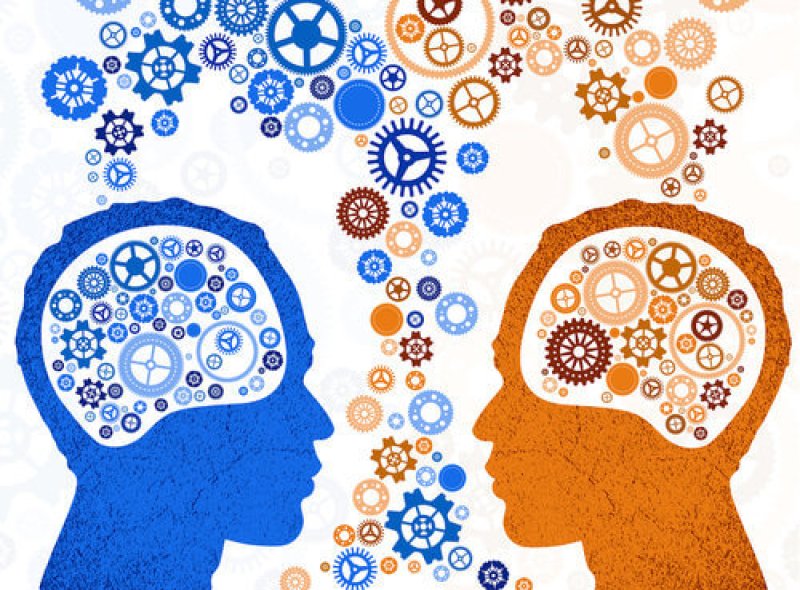Imagine picking up a glass of what you think is apple juice, only to take a sip and discover that it’s actually ginger ale. Even though you usually love the soda, this time it tastes terrible. That’s because context and internal states, including expectation, influence how all animals perceive and process sensory information, explained Alfredo Fontanini, a neurobiologist at Stony Brook University in New York. In this case, anticipating the wrong stimulus leads to a surprise, and a negative response.
But this influence isn’t limited to the quality of the perception. Among other effects, priming sensory systems to expect an input, good or bad, can also accelerate how quickly the animal then detects, identifies and reacts to it.
…
In 2012, Fontanini and his colleagues performed an experiment in which rats heard a sound (an “anticipatory cue”) and then received a tiny burst of flavor.
…
[T]he researchers found that such general expectations could drive the neurons in the gustatory cortex to recognize the stimulus nearly twice as fast as when the rats received the taste without hearing the sound first. The period of latency dropped from roughly 200 milliseconds to only about 120 milliseconds.Read full, original post: Brains Speed Up Perception by Guessing What’s Next































